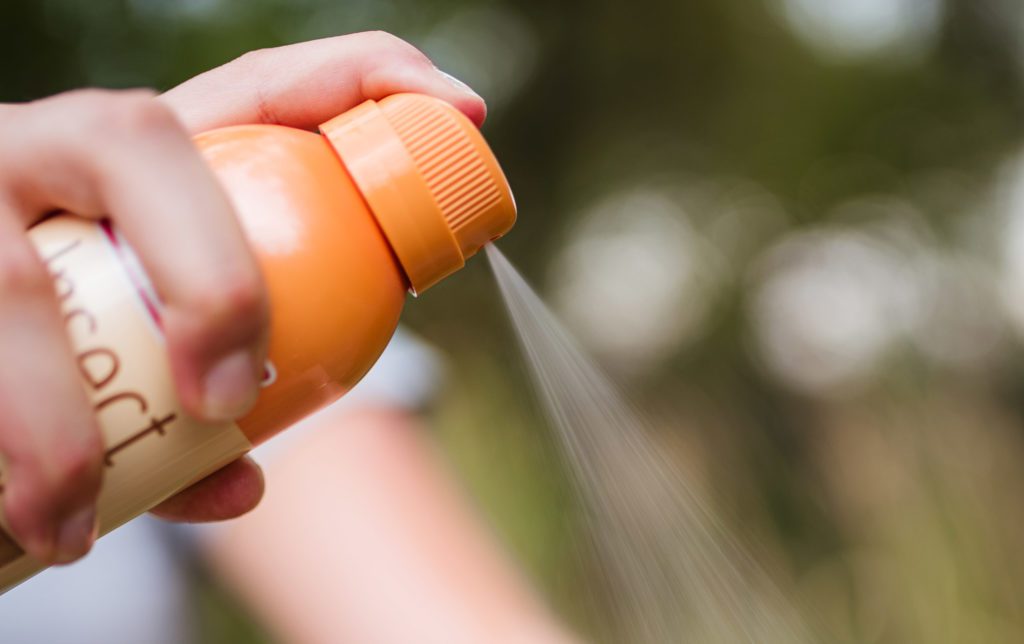Public Education
Vector-disease control is a complex and ever-evolving field. The one-size-fits-all approach embraced by many general pest providers cannot compare to the science-driven management programs operated by companies licensed in public-health. VDCI’s Integrated Mosquito Management (IMM) programs incorporate surveillance, data collection, and the use of rigorously tested products that are registered with the Environmental Protection Agency (EPA). An equally important pillar in IMM programs is public education.
 Different stakeholders face unique challenges when it comes to mosquito control. Mosquitoes can prevent people from enjoying the outdoor amenities in their HOAs or at the golf course. These disease-carrying vectors can also distract and endanger crews working at construction sites and industrial facilities. This underscores the importance of comprehensive education.
Different stakeholders face unique challenges when it comes to mosquito control. Mosquitoes can prevent people from enjoying the outdoor amenities in their HOAs or at the golf course. These disease-carrying vectors can also distract and endanger crews working at construction sites and industrial facilities. This underscores the importance of comprehensive education.
With public support, these complex efforts have a greater chance of long-success—and this starts with partnerships within the community.
Education Advantages
VDCI regularly partners with clients to disseminate educational materials on all aspects of the mosquito life cycle, behavior, and prevention tips. A more informed company or community is better able to support ongoing IMM efforts at their property.
Disease Risks
Mosquitoes transmit dozens of dangerous diseases that cause a range of symptoms, including sickness and death. These include Zika, Malaria, West Nile Virus, Yellow Fever, and Eastern Equine Encephalitis.
Lifecycle
Mosquitoes can reproduce almost anywhere as long as there is standing water. Gutters, buckets, flower planters, tarps, potholes, machinery, tires, trash cans, and even bottle caps can serve as habitat. This can be prevented by identifying and emptying them regularly.
Timing
Mosquitoes can target people and pets at any time of day, especially in shaded, grassy areas, but are most active at dawn and dusk. Mosquito populations may also skyrocket after hurricanes or heavy rainstorms.
Personal Protection
There are many ways to protect yourself when spending time outdoors—wear long sleeves and pants, apply insect repellent containing DEET, and when possible, avoid working or playing outside during hours of peak mosquito activity.
Remember the 4 Ds when spending time outside:
DEFEND — Consistently wear and reapply an EPA-approved repellent.
DRESS — Wear closed-toe shoes, light colors, and long sleeves and pants.
DRAIN — Empty and prevent future water collection in outdoor tools and objects.
DUSK & DAWN — Limit spending time outdoors when mosquitoes are most active.

Checklist for Eliminating Mosquito Breeding Habitat
Communities & HOAs:
- Cover all trash receptacles
- Properly drain potted plants
- Drain or cover swimming pools
- Remove trash & debris from ponds
- Clean out gutters & bird baths
- Empty pet water bowls often
- Empty fire pits after rainfall
Developers & Construction:
- Cover all garbage cans & dumpsters
- Dispose of old tires, cans, buckets, bottles & scrap materials
- Drain standing water from truck beds & machinery after rainfall
- Keep stormwater parts & culverts clean of weeds & trash
Developers & Construction:
- Cover all garbage cans & dumpsters
- Dispose of old tires, cans, buckets, bottles & scrap materials
- Drain standing water from truck beds & machinery after rainfall
- Keep stormwater parts & culverts clean of weeds & trash
Industrial Facilities:
- Discard scrap material
- Empty standing water in toolboxes, tarps, dumpsters & truck beds
- Fix leaking outdoor faucets
- Dry large machinery & empty wheelbarrows after rainfall
- Fill in or drain potholes & ditches
Understanding Mosquito Control
By taking steps to understand the lifecycle and spread of mosquitoes, the public can help reduce reliance on insecticides and preserve the efficacy of these tools, which are essential to an IMM program. The 4 Ds provide a framework for citizens and the workforce to adopt as part of this effort. Ultimately, a more educated and informed community is better equipped to prevent the spread of life-threatening diseases.
Contact the Experts at VDCI
We are committed to protecting public health through excellence in vector control. Learn how our team can support an existing program or help you develop a custom program to meet your community’s needs.

